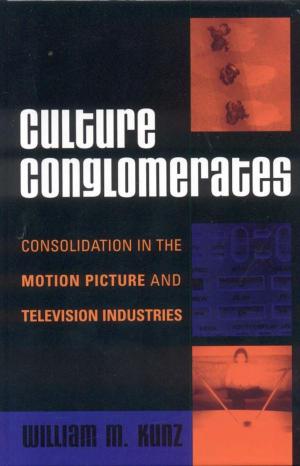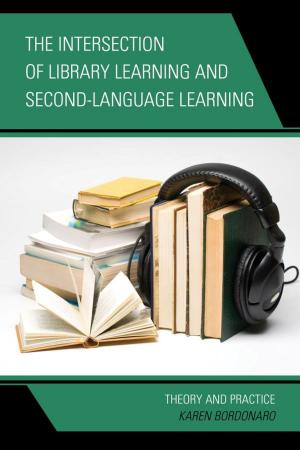Literacy as a Moral Imperative
Facing the Challenges of a Pluralistic Society
Nonfiction, Reference & Language, Education & Teaching, Educational Theory, Multicultural Education| Author: | Rebecca Powell | ISBN: | 9781461638926 |
| Publisher: | Rowman & Littlefield Publishers | Publication: | September 8, 1999 |
| Imprint: | Rowman & Littlefield Publishers | Language: | English |
| Author: | Rebecca Powell |
| ISBN: | 9781461638926 |
| Publisher: | Rowman & Littlefield Publishers |
| Publication: | September 8, 1999 |
| Imprint: | Rowman & Littlefield Publishers |
| Language: | English |
In this important new book on literacy and teaching practices, education scholar and former schoolteacher Rebecca Powell argues that the decisions we make about literacy in a pluralistic society are fundamentally moral ones, either supporting inequitable power relationships, or seeking to transform them. Powell explores the underlying ideological assumptions of Oschooled literacyO and examines the ways teaching practices create tensions in the lives of students—tensions that often result in alienation and educational failure, particularly among those whose cultural knowledge and language tends to be marginalized in our nationOs schools. While primarily ground in critical theory, this volume also draws from multicultural and holistic perspectives in the teaching of written and oral language and addresses the link between whole language and critical pedagogy. Thus, the text is both theoretical and practical. Powell effectively argues that literacy instruction should encourage social responsibility and civic action, should enable students and teachers to understand the transformative potential of language, and should nurture a culture of compassion and care.
In this important new book on literacy and teaching practices, education scholar and former schoolteacher Rebecca Powell argues that the decisions we make about literacy in a pluralistic society are fundamentally moral ones, either supporting inequitable power relationships, or seeking to transform them. Powell explores the underlying ideological assumptions of Oschooled literacyO and examines the ways teaching practices create tensions in the lives of students—tensions that often result in alienation and educational failure, particularly among those whose cultural knowledge and language tends to be marginalized in our nationOs schools. While primarily ground in critical theory, this volume also draws from multicultural and holistic perspectives in the teaching of written and oral language and addresses the link between whole language and critical pedagogy. Thus, the text is both theoretical and practical. Powell effectively argues that literacy instruction should encourage social responsibility and civic action, should enable students and teachers to understand the transformative potential of language, and should nurture a culture of compassion and care.















